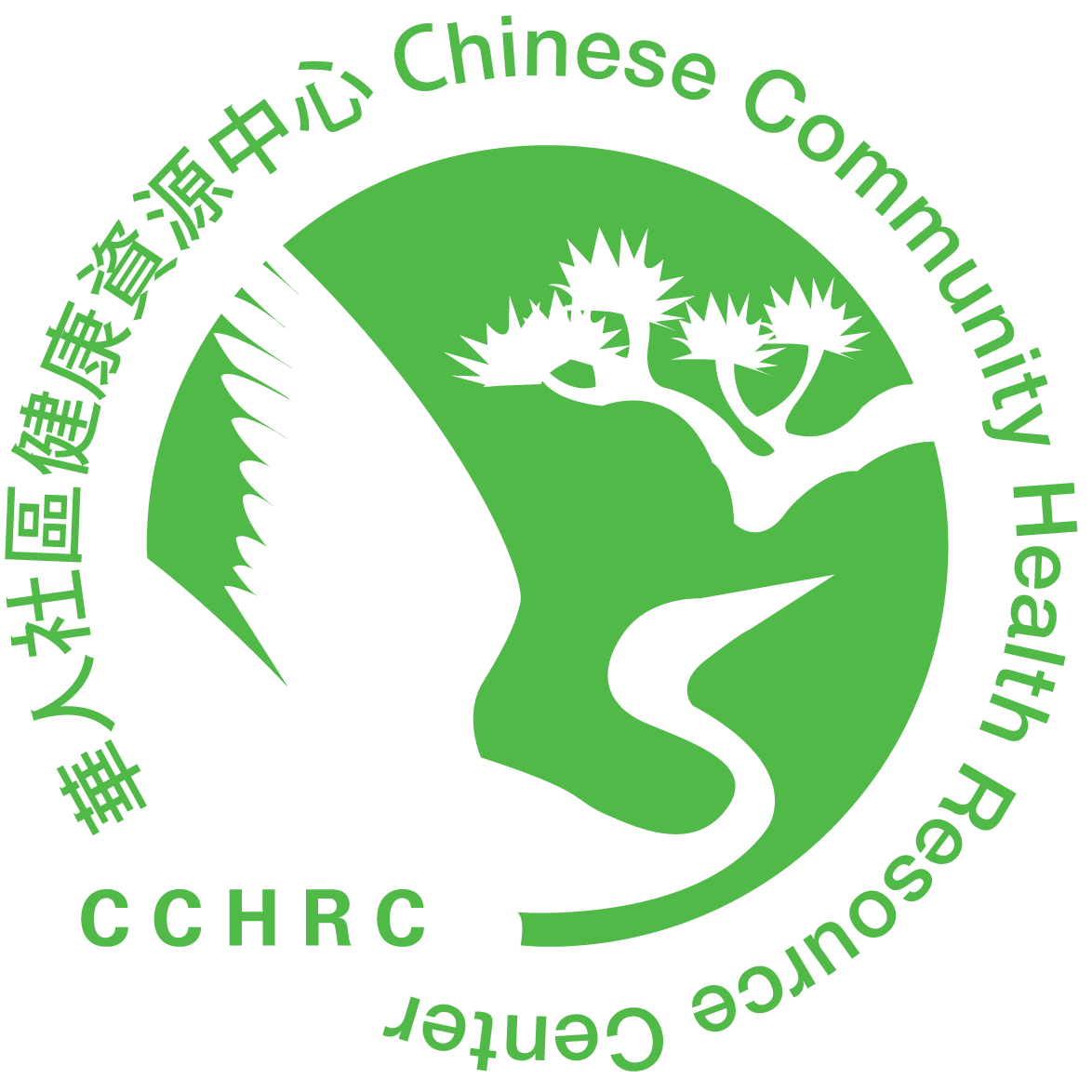Depression is a common but serious mood disorder. Almost one half of people suffering from depression do not know they have it. Treatment does not cure depression, but many of the symptoms will go away, and the illness can be controlled.
Depression is a mental illness that affects children and adults. It is also very common in the elderly. However, it is never normal to be depressed. There are myths and cultural stigmas about mental illness. Some people feel shame. The most serious myths are that there is no help or treatment, and that mental illness is a sign of weakness. Mental illness should be viewed like physical illness. There are many different kinds and the treatments vary with the disease.
What is depression?
Depression is a disorder that affects our thoughts, moods, feelings, behavior and even physical health. It is not just feeling sad on a certain day, because it is normal to feel sad sometimes. People who suffer from depression can feel profound sadness when nothing has happened. Other times, a stressful event can lead to depression. Depressed people
are not able to be happy or enjoy their work or loved ones.
What causes depression?
There are more than 1 billion cells in the human brain. The cells communicate with each other through chemical and electrical signals. Some important brain chemicals, called neurotransmitters, do not behave the same in people who are depressed. Research on depression suggests that the causes could be a combination of genetic, biological, environmental, and psychological factors.
Situations associated with depression include:
- Family challenges
- Stress (work related, an accident, violence, abuse)
- Illness (stroke, heart attack, major surgery, cancer)
- Hormonal changes ‘Postpartum depression’ is thought to be due to the hormonal changes after pregnancy, lack of sleep, and other factors.
- Alcohol, nicotine and other drug abuse can make depression worse.
- Family or partner violence
What are the symptoms of depression?
- Trouble sleeping- too much or not able to sleep
- Feeling very sad or ‘empty’
- Feeling exhausted and not wanting to get out of bed
- Not wanting to eat or eating all the time
- Loss of interest or pleasure in activities that used to be enjoyed-including sex
- Feeling angry and irritable
- Feeling hopeless and helpless
- Thoughts of death or ending your life
Depressed people have many of these symptoms for weeks, months or longer. Chinese Americans are more likely to have their first episode of depression when they are older compared to other ethnic groups, and sooner after immigrating to the U.S. Individuals with high levels of family conflict have more depression.
Depression can cause people to have physical symptoms. Children and teens might complain of a stomachache or headache, do poorly in school, and develop behavioral problems. Adults can be depressed, but tell the doctor that their stomach hurts; they have trouble sleeping and feel very tired, or describe other physical problems. Some men who suffer from depression show rage and anger toward themselves and others. It is more common for depressed women to become quiet and withdrawn due to additional responsibilities at home and work. Alcohol or other drugs can be abused as a way to feel less depressed.
How is depression diagnosed? Who can help me?
The first step in getting help is to call your doctor and tell him or her that you feel sad or depressed. You can see your family doctor or a psychiatrist (a doctor who specializes in mental illness). The doctor will perform a physical and psychological evaluation to be sure that a physical condition, such as thyroid disease or a viral illness, is not causing the depression. Generally, to be diagnosed with depression, symptoms must be present most of the day, every day, for at least 2 weeks. Medical help and counseling are available in your native language.
How is depression treated?
There are medications that make the chemicals (neurotransmitters) normally produced in the brain more effective. Symptoms can go away or become much milder by talking with a mental health professional. He or she will help you understand your depression, possible causes, and help you get better. Several types of mental health professionals treat depression. Talk therapy and medications are very effective treatments in most cases. Untreated depression may return several times during your lifetime. Sometimes, very depressed people feel like killing themselves. If you have thoughts about killing yourself, or know someone who has those thoughts, immediately get help by calling your doctor or going to the closest emergency room. Not all depressed people think about ending their lives.
Treatment for depression is confidential. ‘Talk therapy’ is available in your language.
Where to get lifesaving help for depression:
Dial 911- if you or someone you know says they want to die.
San Francisco Suicide Prevention
24-hour Hotline 415.781.0500
Richmond Area Multi Services (RAMS)
415.330.5740 (Cantonese, Mandarin, English)
Sunset-Parkside Mental Health Services
415.753.7400 (Cantonese, Mandarin, English)
Chinatown/North Beach Mental Health Services
415.352.2000
Ages 14+ (Cantonese, Mandarin, English)
Chinatown Child Development Center
415.392.4453
Age 14 and under (Cantonese, Mandarin)
For more information, please visit:
The National Institute of Mental Health
https://www.nimh.nih.gov/health/publications/depression/index.shtml
Copyright © 2007-2020 Chinese Community Health Resource Center
If you would like a copy of this health article, please click on the PDF button in the language you prefer. To view the PDF document, you’ll need Adobe Acrobat, which you can download here.
Bilingual:




